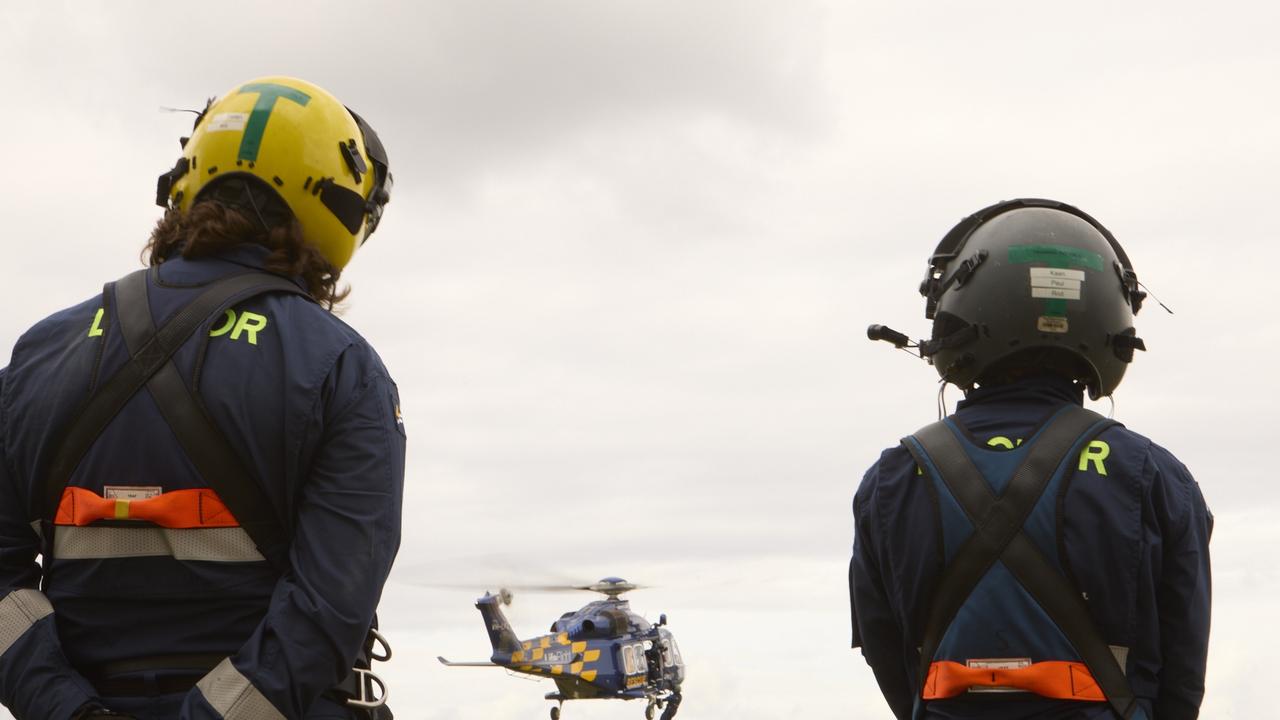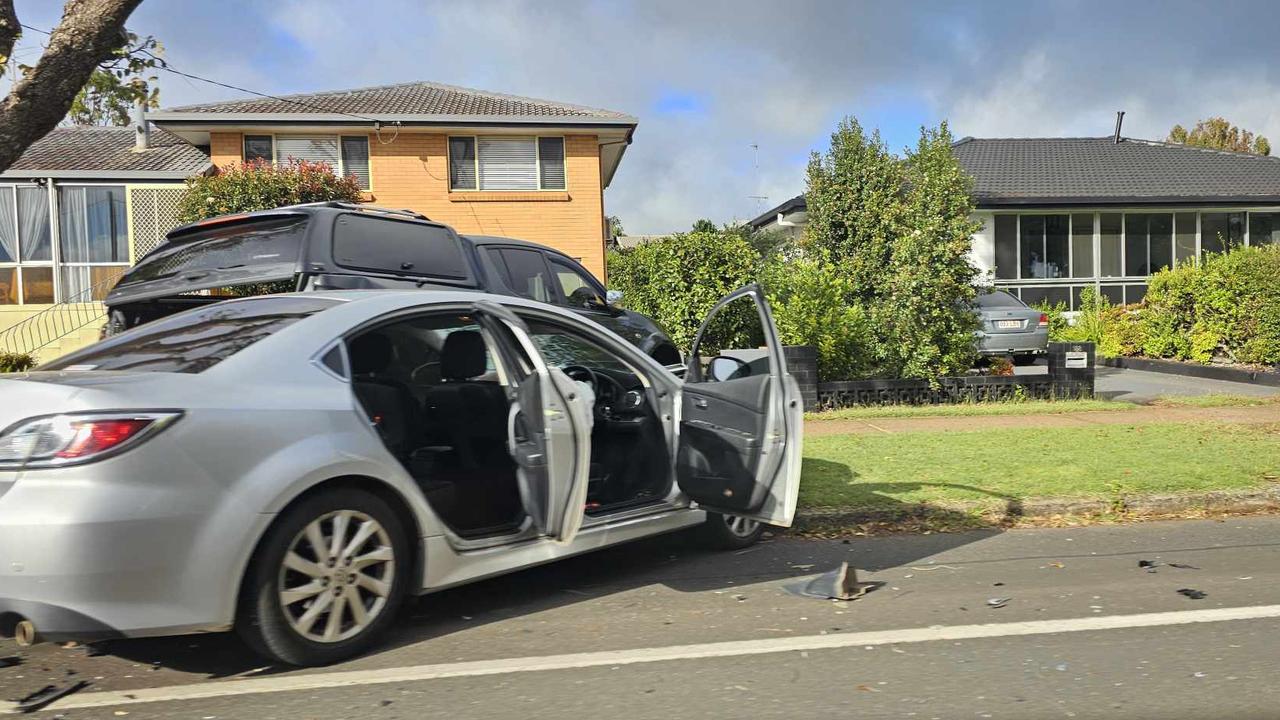Darling Downs Health, Toowoomba Hospital cleared of failing its care of duty
After a multi-month hearing into alleged health and safety issues at the Toowoomba Hospital’s Acute Mental Health Unit, Darling Downs Health has been found not guilty.
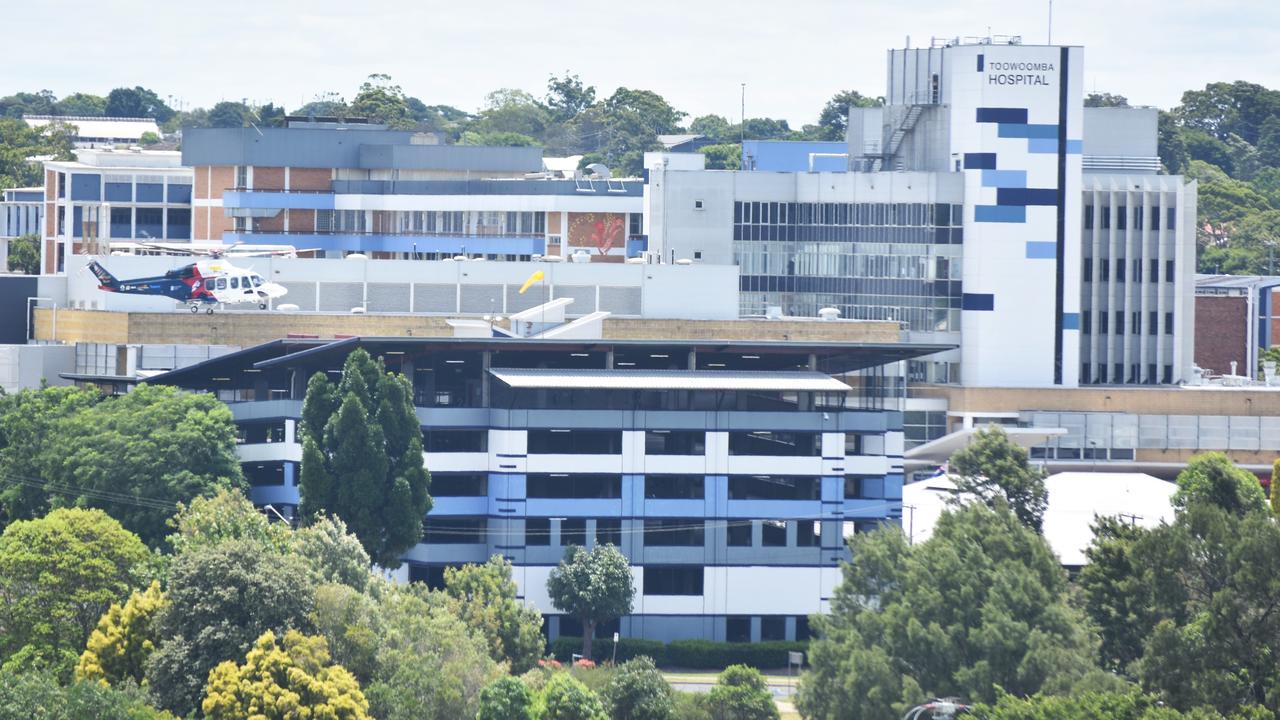
Police & Courts
Don't miss out on the headlines from Police & Courts. Followed categories will be added to My News.
Darling Downs Health was found not guilty after a multi-month hearing into alleged health and safety issues at Toowoomba Hospital’s Acute Mental Health Unit.
The four charges arose after Workplace Health and Safety launched an investigation into the facility, following an incident in the High Dependency Unit in 2019.
The Toowoomba Magistrates Court heard psychiatric nurse, Oscar Javier, was attacked and seriously injured by a patient who had been transferred from prison - Benjamin Mead.
Mr Javier had to be revived three times with defibrillator paddles and suffered a brain injury.
In regards to one alleged issue raised by WPHS, that more security was needed, Magistrate Clare Kelly noted following the incident DDHHS immediately requested guards to be stationed in the High Dependency Unit of the AMHU 24/7.
Staffing ratios were also increased following the incident.
Ms Kelly said the prosecution did not prove beyond reasonable doubt that, “the control measures as particularised by (WPHS) were reasonably practical measures for (DDHHS) to ensure the health and safety of workers and other persons”.
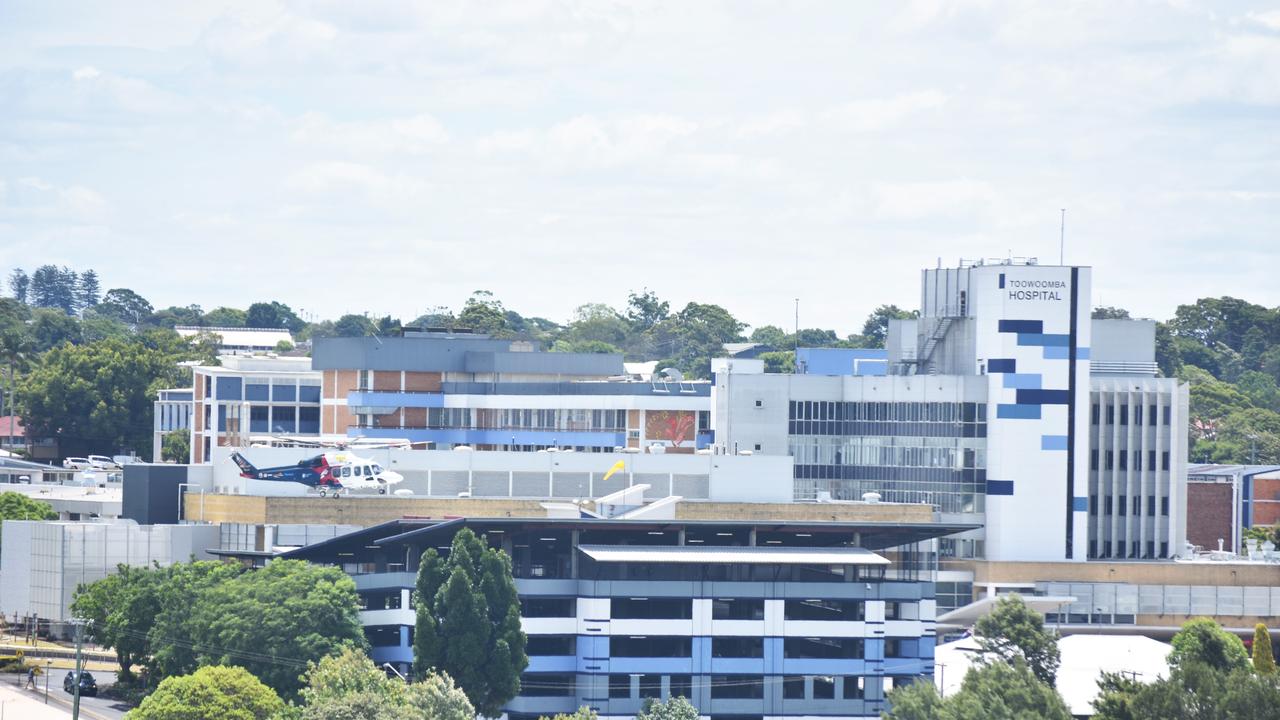
Following the proceedings, a Darling Downs Health spokeswoman said the safety of staff and patients was a vital component of the organisation.
“We are pleased our commitment to this has been acknowledged through today’s verdict, acquitting Darling Downs Health of all charges,” she said.
“These proceedings highlighted the complex issues our people are faced with on a daily basis while providing dignified care to some of the most vulnerable people in our community, consistent with obligations under the Mental Health Act.
“The primary focus of Darling Downs Health remains the health and wellbeing of our people, particularly those impacted by the events highlighted in the proceedings, and the communities they care for.”
When handing down her findings on July 5, Ms Kelly said in relation to mitigating occupational violence, there was an apparent rule that two nursing staff were stationed on the floor at all times and were trained accordingly to deal with violence.
“How the rule played out on a shift-by-shift basis, is obviously difficult to ascertain,” she said.
“Certainly the rule was known… and seemingly followed whilst accepting the competing needs of patients and tasks… during the course of the shift.
“If the prosecution contention was that the rule was not adhered to or not enforced by supervisors – then that has not been specified… the evidence does not establish this aspect at all.”
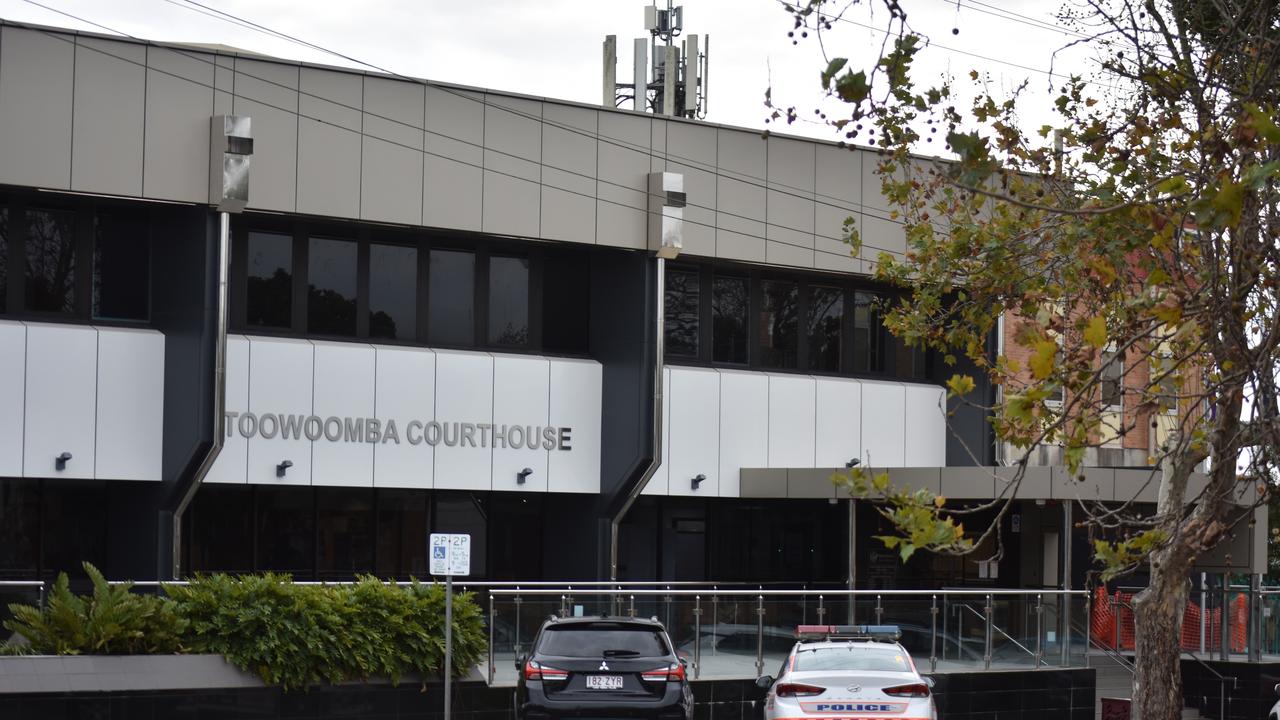
In regards to security officers, Ms Kelly said staff had mixed opinions on whether or not they hindered or helped the therapeutic environment.
“The prosecution has not proven the presence of a security officer permanently in the HDU would have a positive impact in minimising or eliminating the risk posed by patients,” she said.
She also did not agree that staff safety was at risk by wearing swipe card lanyards, despite the cards being stolen or violently obtained by patients in the past, and noted prosecution did not suggest a viable alternative.
WPHS also alleged DDHHS could have done more to ensure furniture was not able to be weaponised by patients, however Ms Kelly disagreed.
“I do not consider the prosecution, has proven beyond reasonable that any of the particularised control measures regarding the use of the furniture within the AMHU, were reasonably practical means of ensuring the health and safety of workers, or were already noted,” she said.
Mr Kelly also said there was no breach of duty on behalf of DDHHS in relation to the transfer of high-risk patients, and prisoners, into the HDU.
DDHHS is seeking costs from WPHS, which will be heard before the court on August 29.




